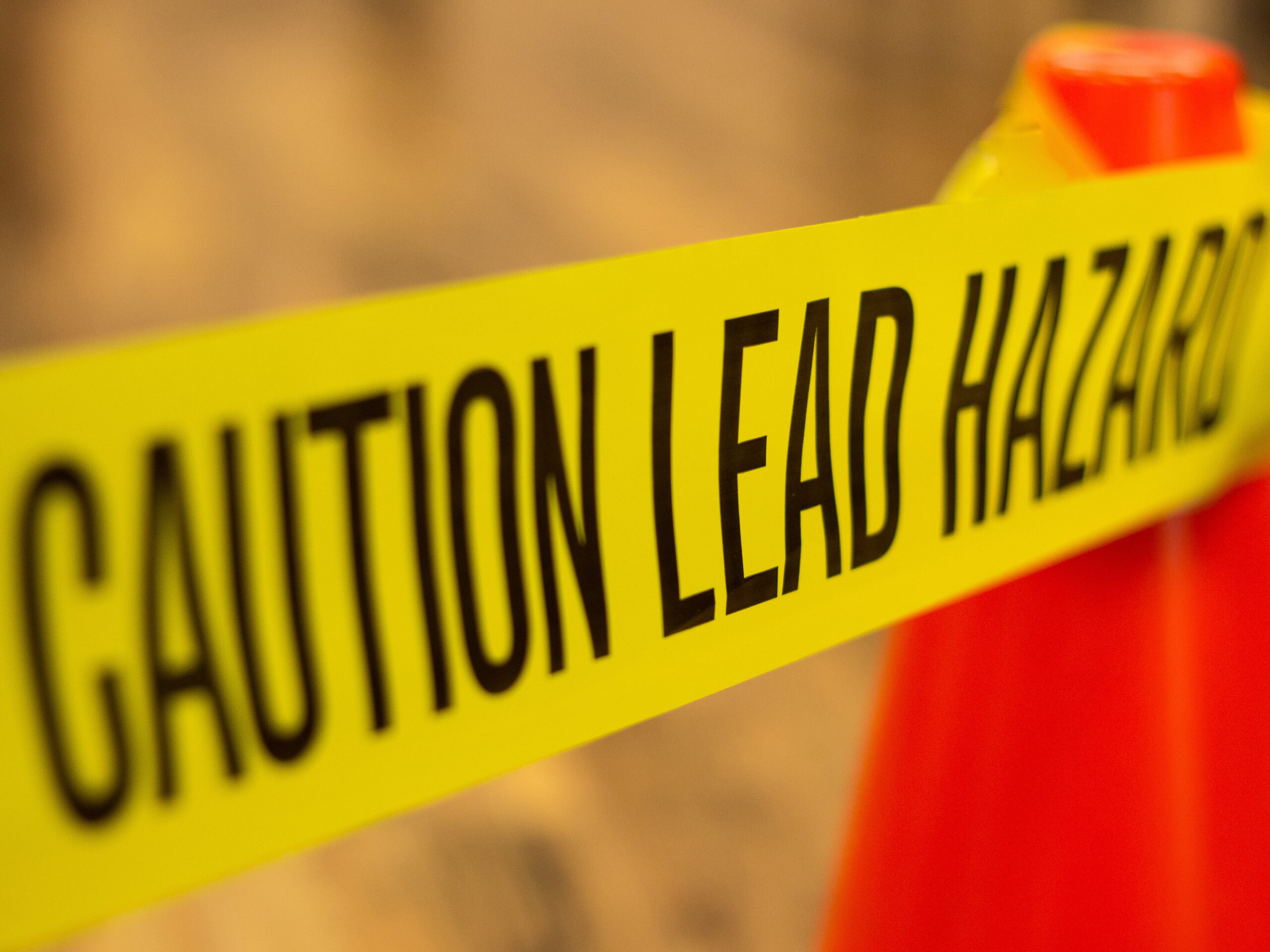COVID-19 and Recession: How Both Could Impact Return to Work

It’s no secret that return-to-work is an important part of workers’ comp. Getting an injured worker back on the job and back to their full health marks the successful end to a workers’ comp claim and it allows the employee to get back to living their life.
The question of how to get an injured employee back to work becomes complicated, however, when they may not have a job to return to.
Many businesses have been forced to close suddenly due to the COVID-19 pandemic and layoffs abound, making the question of whether or not a job is waiting for injured workers is a very real one.
A recent Marist poll of 835 adults found that 18% had either personally experienced or had someone in their household experience a layoff or reduction in work hours as a result of coronavirus.
These numbers are unlikely to get better anytime soon. An article from the Economic Policy Institute predicts that 3 million U.S. jobs would be lost by summertime if the government employs only a moderate stimulus package to address the pandemic.
As workers’ compensation programs prepare to face a possible recession due to coronavirus, a 2010 study from WCRI and a recent blog post on the coronavirus could shed light on how to manage return-to-work in an impending recession.
The Study At a Glance
WCRI’s study examined the direct and indirect effects a recession could have on return-to-work. Their guiding research question was: what is the impact of a doubling of the unemployment rate on the probability of longer-term unemployment? They defined longer-term as being without work 2.5 years post injury.
The direct factors they identified included that scarce job opportunities may delay return-to-work and indirect factors included that workers, wary of losing their jobs, may return-to-work too quickly and thus could face reinjury.
They found that a doubling unemployment rate increases the percentage of injured workers experiencing longer-term unemployment from 14.7% to 18.7%.
Additionally, the percentage of injured workers fearing unemployment increased from 35.5% to 51.3%.
Overall, the study concluded that higher unemployment rates are associated with an increase in longer-term unemployment amongst injured workers.
They noted that this is largely due to the fact that high unemployment rates make it more difficult for injured workers who are not returning to work with their pre-injury employer to find work.
How COVID-19 Could Affect Return-to-Work
So what do these findings mean as we navigate the unemployment landscape amid COVID-19?
If the virus results in a recession and the unemployment rate goes up, injured workers who are not returning to work with their pre-injury employer will likely have a difficult time finding work.
A recent McKinsey report, notes that the possibility of a recession in the U.S. and Europe is almost certain if delayed recovery from the virus occurs or if prolonged contraction of the virus continues.
A coronavirus-related recession isn’t likely to behave the same as a normal recession, however.
The immediate closures of non-essential businesses in many states is likely to have an economic impact that is more rapid than in a typical recession, leaving injured workers in certain sectors with little opportunity to return to their previous jobs or even find new employers, as WCRI’s blog post notes.
As a result of these rapid closures, the number of injured workers who face longer-term unemployment may increase.
Injured workers may also try to hasten the return-to-work process if they fear their jobs are at risk due to the virus, especially if they are not planning to return-to-work with their pre-injury employer. Injured workers rushing to return-to-work could result in reinjury later on.
As the COVID-19 outbreak continues, it’s important for workers’ comp programs to consider how a recession could affect return-to-work. &










